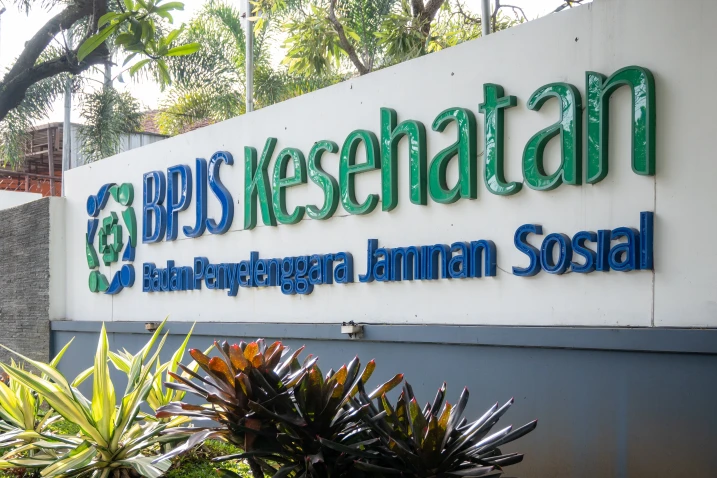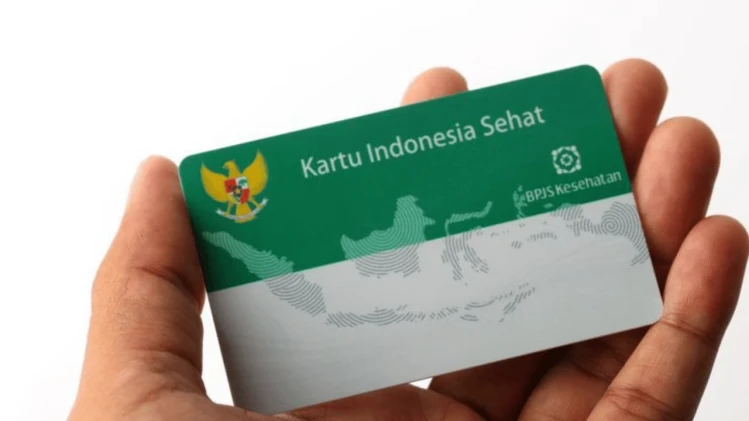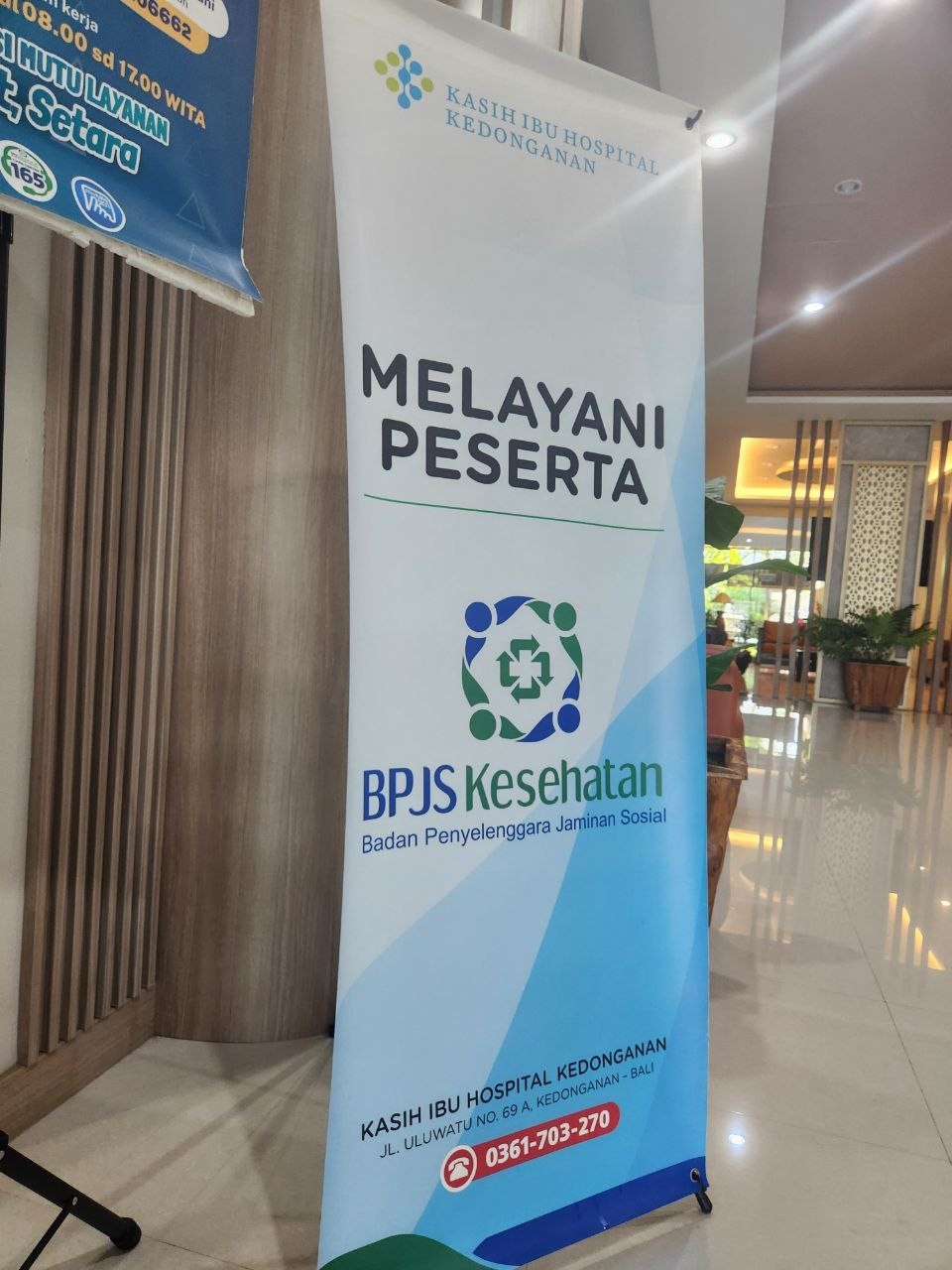All residents of Indonesia, including immigrants residing in the country for six months or more, are obligated to obtain health insurance (BPJS Kesehatan).

If you work for a company, whether local or foreign, you will receive what is known as BPJS Ketenagakerjaan.
Meanwhile, health insurance BPJS Kesehatan in Indonesia is obtained by individuals. For example, investors holding KITAS (Temporary Stay Permit Card) can open this health insurance.
Health insurance BPJS Ketenagakerjaan
BPJS Ketenagakerjaan is provided by companies to protect all their employees. In addition to BPJS, other types of independent insurance are also available. Badan Penyelenggara Jaminan Sosial Ketenagakerjaan is the agency for social employment insurance.
This type of employee insurance is mandatory for any company. If you are a company owner, you must register all your employees under the BPJS Ketenagakerjaan program. If you work for a company in Indonesia, your company should assist you in obtaining the social employment insurance card (BPJS Ketenagakerjaan).
BPJS Kesehatan and BPJS Ketenagakerjaan are mandatory for employees in Indonesia. Anyone living in Indonesia and working for a company based in Indonesia must have two types of BPJS. They serve policyholders differently.
If you have a social security card (BPJS Ketenagakerjaan), you will have several types of basic protection:
- JHT (Jaminan Hari Tua) - protection upon leaving the company, especially if you have worked for 10 years or more in the same enterprise.
- JKK (Jaminan Kecelakaan Kerja) - protection against accidents at work. If any accidents happen during working hours or in connection with tasks performed during work, you will receive compensation for injuries or medical treatment.
- JK (Jaminan Kematian) - protection in case of death. Provided if an employee dies while working for the company.
- JP (Jaminan Pensiun) - pension protection. Provided upon reaching the retirement age.
Monthly payments for the social security program BPJS Ketenagakerjaan must be paid by both the company and the cardholder employee. Both sides must contribute to BPJS based on the type of protection and the amount of monthly salary received. If an employee is an independent member of the program, they must independently make monthly contributions.
Health insurance BPJS Kesehatan

This type of insurance is personal (non-work-related), allowing individuals to independently insure themselves as private individuals with a KITAS. If you have an investor KITAS, you can use it to insure not only yourself but also up to five close relatives. It is essential for them to have long-term visas in Indonesia.
About the insurance
There are three service classes for BPJS Kesehatan, which differ slightly in cost.
Class I: Monthly fee of 150,000 IDR provides comprehensive amenities during hospitalization, including spacious rooms with TV, air conditioning, private bathrooms, three meals a day, and laundry services.
Class II: Monthly fee of 100,000 IDR provides fewer amenities than Class I, such as smaller rooms, no TV, shared bathrooms, three meals a day, and laundry services.
Class III: Monthly fee of 42,000 IDR is the basic level, offering elementary amenities like shared rooms, no TV, shared bathrooms, three meals a day, and laundry services.
In the future, the government plans to eliminate class distinctions in BPJS Kesehatan, replacing them with a standard level of hospital care (KRIS) that will provide equal services to all participants.
It's crucial to choose your category wisely as changing it later can be challenging. Once registered, monthly payments will be automatically deducted from your account.
BPJS doesn't cover certain dental services (orthodontics), plastic surgery, and injuries from active/extreme sports. Home visits by medical personnel and procedures conducted at home are also not covered. However, there are no limitations on coverage amounts.
BPJS insurance is a decent budget option for KITAS holders. While not a comprehensive solution, it provides essential coverage and is better than having no insurance.
How to use
In case of illness, you will be directed to a local doctor in the affiliated clinic (puskesmas kesehatan) covered by your insurance. You will learn the clinic's name, address, and contacts when receiving your BPJS card in the Denpasar office. Contact the clinic through the provided number to schedule an appointment with the desired doctor. In some clinics, you may have to wait in a live queue. The doctor will prescribe treatment and medications, with the insurance possibly covering part of the medication cost. If the treatment is ineffective, the doctor will refer you to a higher-level hospital. If the situation repeats in that hospital, you will receive another referral to a better clinic or one with the specialist you need.
With this insurance, you cannot visit expensive international-standard clinics like BIMC or Kasih Ibu without the appropriate referral. Emergencies are exceptions, and in such cases, you can confidently go to the nearest hospital. Even if you don't have your insurance card, showing a photo on your phone or stating the card number is usually sufficient.
Important reminder! If you were riding without a helmet during an accident or lacked a driver's license, it won't be considered an insurance case, and you'll have to cover all expenses yourself.
How to Apply
Gather necessary documents: originals and copies of passport and KITAS. If including family members, provide birth certificates for children and a marriage certificate, translated into English or ideally into the Indonesian language, along with a bank card from a local bank.
Note: Not all banks are accepted. Mandiri, BNI, BRI, BCA, BTN, Citibank, and Panin Bank are suitable. Verify this information on the official website. Visit the Denpasar office with all documents, fill out an application, and attach yourself to the clinic. Approximately two weeks later, you can pick up your card (they'll notify you by email when it's ready). Each family member entitled to a separate personalized BPJS card. Keep in mind that the office is open on weekdays until 3:00 PM, and Saturday and Sunday are weekends.
If you want more services, you can opt for additional private medical insurance at your expense.
Additional Types of Insurance in Indonesia
1. Life insurance: Pays out in case of death, and the benefit can be claimed before death in some cases, albeit usually with a smaller sum.
2. Health insurance: If you already have BPJS Kesehatan and need extra protection, you can register for independent medical insurance.
3. Transport insurance: Protects your vehicle in case of accidents, incidents due to disorder, catastrophe, theft, etc. Verify the covered incidents before choosing a specific insurance provider.
4. Home and property insurance: If you own property, you can register it for this insurance program to protect against potential damage. Thoroughly study the contract terms to ensure coverage under various circumstances.
5. Travel insurance: Short-term insurance protecting the owner during travel - from departure to return home.
For those without KITAS and not working in Indonesia, two options exist to obtain insurance (non-BPJS):
1. Private Asian and international companies offer various conditions. Search for "international travel insurance." For expats and long-term stays, consider insurance from SafetyWing or Genki, which can be obtained at any time regardless of when you arrived in Indonesia.
Tips for Choosing Insurance
1. Conduct extensive research on various insurance agents or companies. Compare them to learn about the positive and negative aspects of the services they offer. Don't forget to read customer reviews about companies and services.
2. Choose the type of insurance that you genuinely need. Remember that BPJS Kesehatan and BPJS Ketenagakerjaan are mandatory for workers.
3. Ensure that the insurance product you choose has an AAJI license, a license for a registered and legal insurance company or agent. If the insurance company cannot provide its AAJI license, the insurance products issued by that company are obviously illegal.
4. Align your needs with your financial capabilities.
5. Consider the territorial aspect. Regarding health insurance, some products allow you to receive benefits if you undergo medical procedures abroad. However, since this type of insurance requires substantial contributions, consider whether you really need it.
6. Consider an insurance product that offers the easiest and hassle-free reimbursement. Some types of health insurance allow for cashless benefits (they will directly pay hospital bills), while others provide reimbursement after the procedures (you have to pay for the treatment upfront). Choose the type that suits you best.



A month ago, I had a broken elbow; I fell from the stairs (yes, actually from the stairs 😂), went to the hospital with BPJS in the morning, gave my card, got an X-ray, was examined, and placed in a room, but initially they said the operation would be in 2 days. In the evening, they came and said I'd have to wait 5 days, so I asked to go home and return a day before the surgery. They started running around, finding things out, and after about 40 minutes, they returned and said my BPJS wasn't active, it wouldn't cover anything, here's the bill.
I was with a local employee, sent him to figure it out, and after about 1.5 hours, they offered to solve the problem completely the next day because I didn't want to pay out of pocket. The issue turned out to be that I missed a payment (it was made, but later than the due date every month).
The next day, a BPJS representative came, fined me 100% of the overdue amount, and after payment, the insurance covered 100% of the operation, worth around 100 million (possibly more). As I understood from my case, they made the request to BPJS only when I said I wanted to go home, and before that, no one even thought to check my card or make any requests.